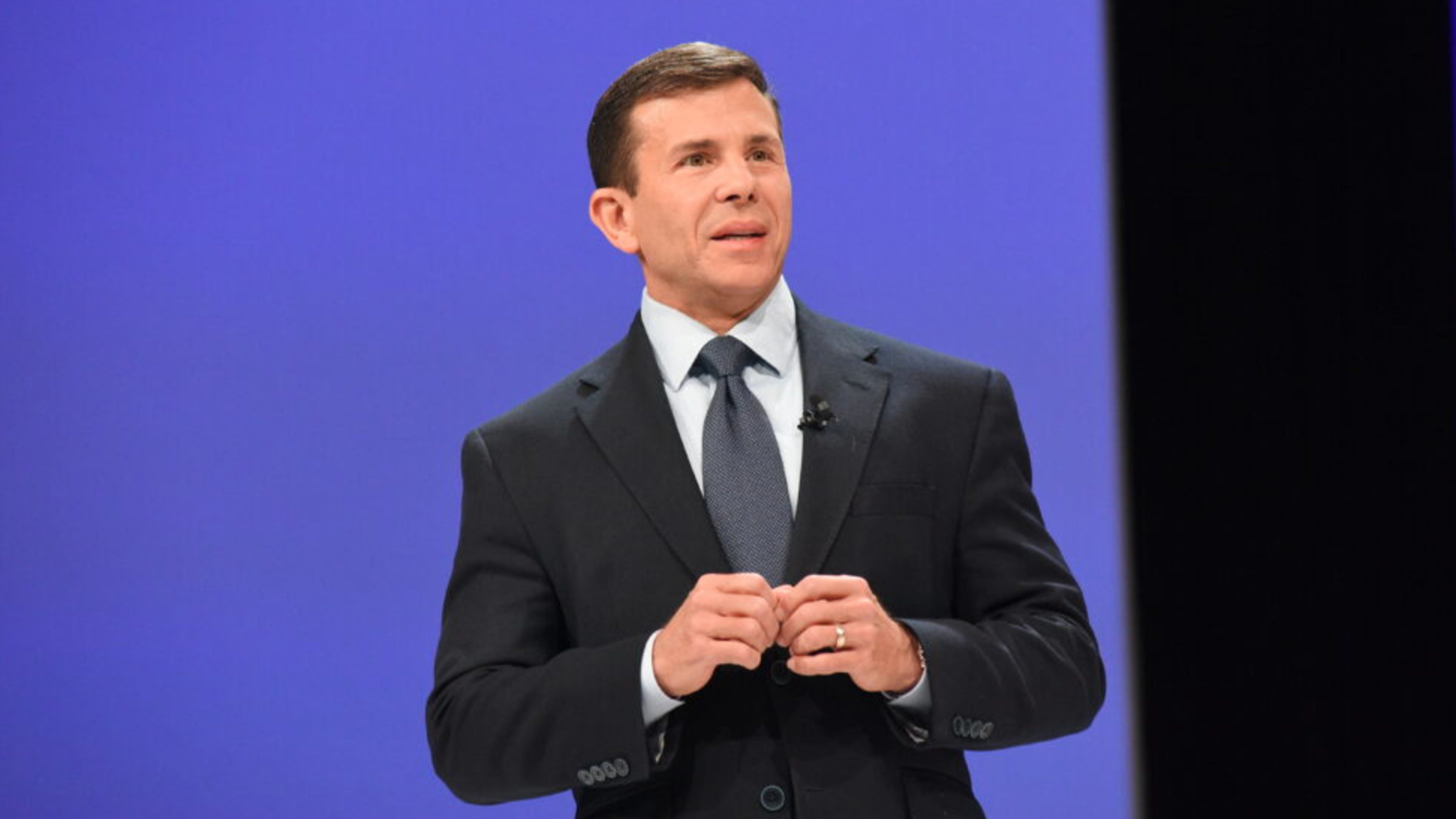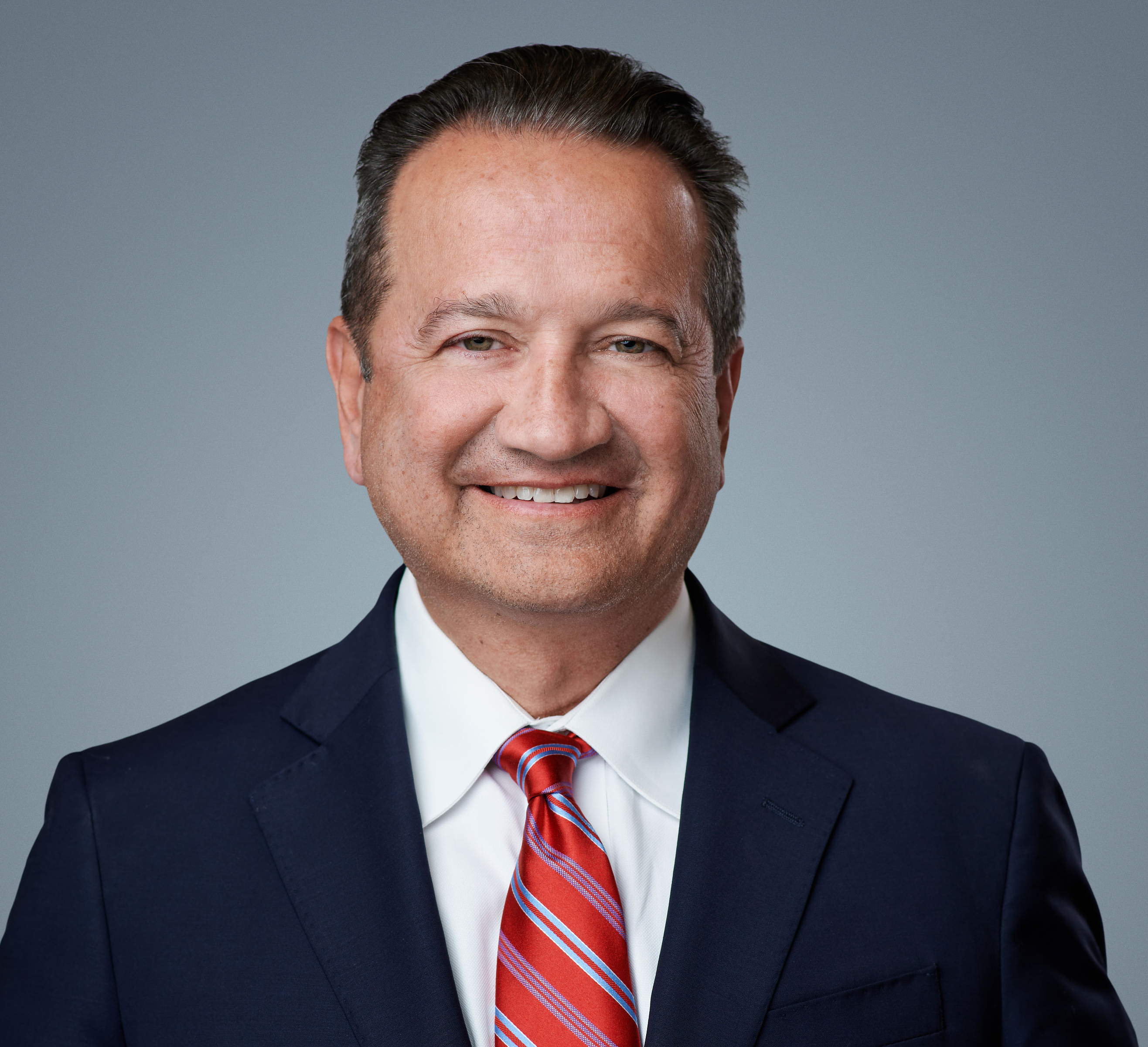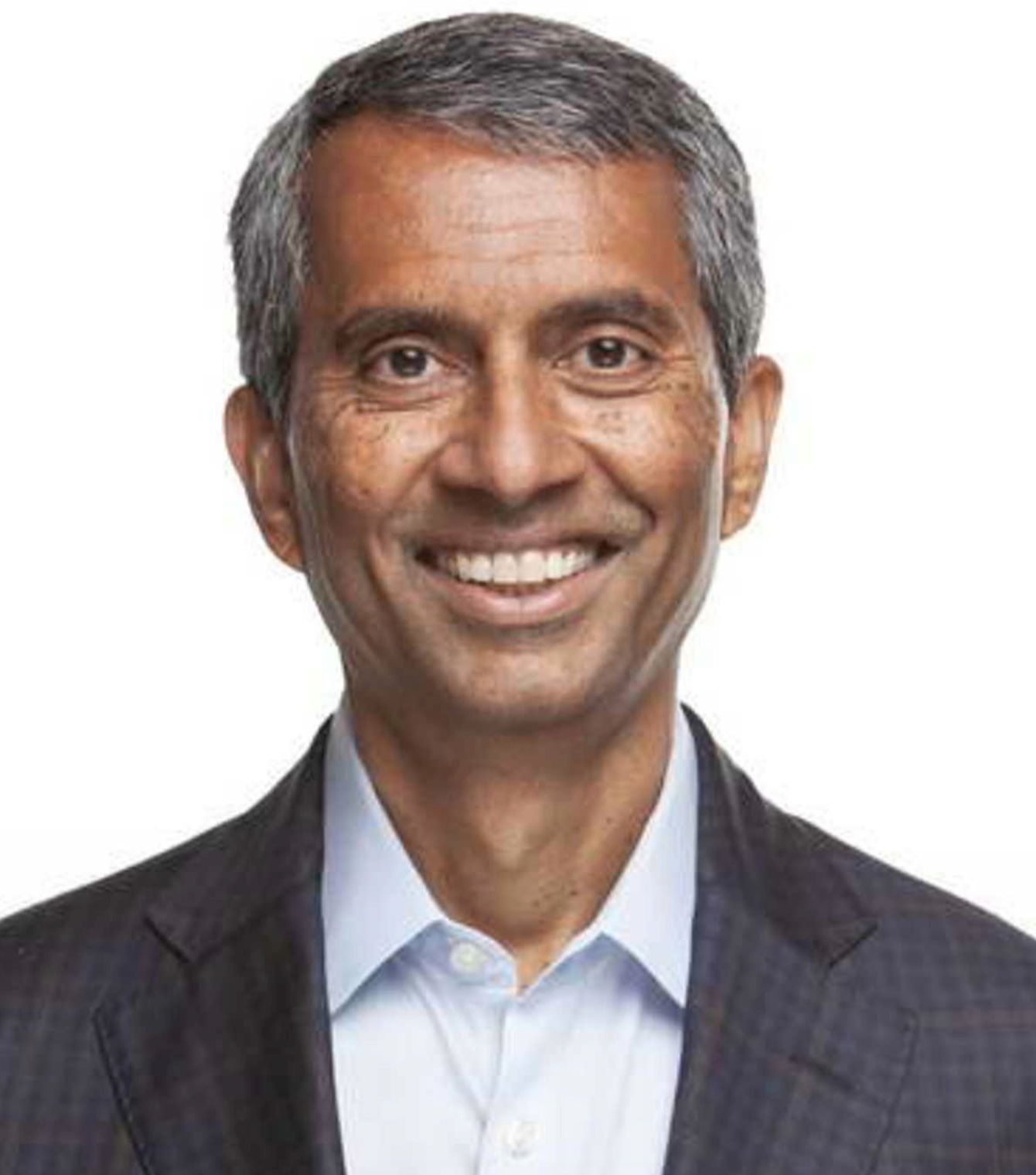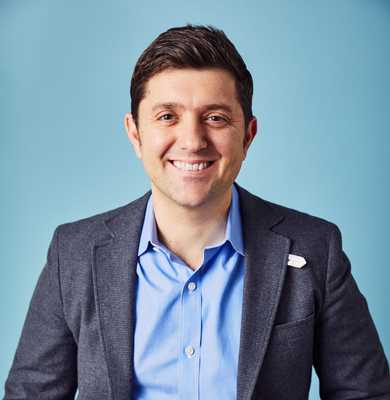
BIO's new CEO takes a patriotic pivot to win back Congress, pushing industry to rethink China relationship
SAN DIEGO — Facing an existential moment in how drugs are developed and sold, biotech’s key lobbying group has entrusted a new leader, who is wrapping himself in the US flag to regain a seat at the table on Capitol Hill.
As John Crowley nears 100 days as CEO of the Biotechnology Innovation Organization, he has restructured the group with layoffs of 30 staffers, zoomed in on national security, and, most dramatically, championed an organizational about-face in supporting controversial US legislation taking aim at Chinese contractors like WuXi AppTec.
Crowley, a former biotech CEO and Navy veteran who completed multiple tours of duty after 9/11 said in an interview with Endpoints News that he sees the Biosecure Act as a “Sputnik moment” for the US to wake up and regain control of its ability to manufacture medicines. His strategy is a bold bet that backing the bill could open the door for future wins with Congress, especially in getting money to boost domestic manufacturing.
He’s walking a fine line in his approach, as many industry leaders see Biosecure as a law that, at least in the near term, will harm the biotech industry. He risks alienating the trade group’s international members and the many US drug developers that rely on Chinese partners that offer a low-cost, high-quality backbone of behind-the-scenes research and development work.
 James Sapirstein
James Sapirstein“Biosecure does not help the international environment or the US public,” said James Sapirstein, the CEO of Entero Therapeutics and a longtime friend of Crowley, who sits on a governing board of BIO. “It does not help. It hurts it. But we realize why we had to do it, again, to live to fight another day.”
Crowley said the goal is not to shut out China from making and developing drugs but to ensure that America keeps its edge on science. And BIO’s support has already helped push for changes to the bill, like cutting ties with WuXi by 2032, rather than immediately.
“This is not a decoupling from China,” Crowley said in the interview. “This is being responsive to the concerns of Congress around specific companies, even where there could be the perception of any potential conflicts.”
Broadly, Crowley is hoping to bring stability to the influential trade group of 130 employees that has endured some rocky years and embarrassing defeats since longtime CEO Jim Greenwood stepped down in 2020. Greenwood’s replacement, Michelle McMurry-Heath, lasted two years before an abrupt departure amid tension with BIO’s board over a range of issues from drug pricing to how vocal to be about social justice issues. And the industry is still reeling from the passage of the Inflation Reduction Act that forced drug price negotiations.
But the China issue has been on Crowley’s desk since day one. Up until his arrival, BIO had vocally opposed the legislation. Then, in what Crowley said was his first day on the job, a BIO staffer walked into his office and handed him a letter from a member of Congress who accused BIO of lobbying on behalf of the Chinese Communist Party.
“All of our members were calling,” Crowley said. “CEOs of some of our largest companies were saying, ‘Welcome to Washington. You’ve got about three days to figure this out.’”
‘Lost control’
A few days later, Crowley said, BIO’s executive board voted 20-0 to support his position, reversing the group’s stance and backing the Biosecure Act. WuXi, one of the targets of the proposed bill, subsequently left BIO.
The vote was unanimous, but the sentiment in the industry wasn’t. Several companies represented on BIO’s board back-channeled their frustrations with the bill to senior staff at the trade group, a source familiar with the discussions said.
Reuters reported later in March that WuXi AppTec shared a client’s intellectual property with the Chinese government without permission, a serious but vague allegation that WuXi denied. Asked about hard evidence, Crowley said that his security clearances have lapsed and he wasn’t part of briefings over the matter.
“I’m not privy to that, nor should I be,” Crowley said. “The larger concern, though, that’s been expressed, particularly with the contract manufacturers, is the realization that we have lost control of the capacity and the capabilities to manufacture medicines.”
Crowley’s work on Biosecure is both professional and personal. He has two children with Pompe disease, a rare muscle-weakening ailment. And he is the co-founder of Amicus Therapeutics, which has developed a treatment for the disease. In February, Amicus disclosed in a regulatory filing that Biosecure could imperil its ability to meet demand for the drug. But last month, company leadership during an earnings call said the extension to 2032 to make changes would provide enough time to transition to a new manufacturer.
 Rohan Palekar
Rohan PalekarDespite that extended grace period, drugmakers still face high costs and uncertainty in switching from WuXi. Such challenges are starting to show up in investor meetings.
“Needless to say, it’s also much cheaper to make materials in China than in other parts of the world,” Rohan Palekar, the CEO of 89Bio, told investors last month.
In a statement to Endpoints, Palekar said the company has a “robust” backup supplier if needed. Across the industry, companies have disclosed that WuXi is an important part of their operations and noted the consequences of disentangling from the company.
‘Serving too many masters’
BIO’s revenue is powered by member dues and events like the San Diego convention. Those lines of business made up nearly two-thirds of the nonprofit’s $103 million in 2022 revenue, according to BIO’s latest financial statement. It reported about $17 million in net income.
A look around the conference’s exhibitor floor showed just how much BIO relies on international members. More than 40% of the attendees at the 2022 annual conference were international.
 Jason Kelly
Jason KellyBut even as it relies on international members and events for revenue, BIO’s embrace of the forces of deglobalization and patriotism that have risen in US politics was evident at the group’s annual conference in San Diego last week. In one of his main addresses to the 19,000 attendees at the conference, Crowley discussed geopolitical threats with retired US Navy four-star admiral William McRaven and Ginkgo Bioworks CEO Jason Kelly, who chairs a biotech group advising Congress on national security.
“It is shocking to me how much people just sort of take for granted the intrinsic power of biology,” Kelly said.
The group’s layoffs and reorganization last month also reflect that new stance. As part of those changes, BIO’s international relations team was folded into national security. The move, and the cuts, have left two people focused on ex-US advocacy work, Endpoints has learned.
Among the exits are Chief Policy Officer John Murphy III, Head of International Affairs Nancy Travis and Senior Manager of International Relations Marcel Kaminstein, a source familiar with the cuts said. Murphy confirmed his departure to Endpoints, while Travis and Kaminstein did not respond to a request for comment by the time of publication. Phyllis Arthur was promoted to lead healthcare policies and programs across the organization.
Crowley said that international affairs are “still a very important part of what we do.” Combining these functions “is to ensure that we advance policies and programs that maintain and advance our nation’s leading role in biotechnology, in conjunction with our international allies,” he added.
But outside of BIO’s boardroom, there’s uncertainty over the approach. Tim Opler, a managing director for the banking firm Stifel, said Monday during an Endpoints event that Congress’ tone is “remarkably McCarthyistic.”
“The notion of decoupling is bizarre. It’s unrealistic, and is reflective of members of Congress who are looking at everything through a national security lens,” Opler said.
Oren Livne, a transaction lawyer at Baker McKenzie, said drugmakers who rely on companies named in Biosecure are in an uncertain position as the legislation makes its way through Congress: Do they stand pat or switch to another manufacturer? The bill’s language doesn’t give companies an easy way to scrap contracts.
“Digesting that uncertainty is problematic,” Livne said.
To ease the transition, Crowley and other BIO leaders see an opportunity to build out US biomanufacturing with government support, much like the 2022 CHIPS and Science Act boosted domestic chipmakers. Grace Colón, a BIO board member, also mentioned a push for additional women’s health research from the National Institutes of Health.
Fellow board member Bill Newell echoed the urgency for BIO to capitalize on a rare glimmer of bipartisanship, hoping Crowley’s strategy will deliver a bigger win for American industry.
“When those opportunities for bipartisanship show up, and there’s good policy that can be made, you better darn well lean in on those things and you better darn well be successful,” Newell said in an interview. “Because those opportunities are ephemeral. They are there one moment, and if you don’t get it done, they’re gone.”
— Amber Tong contributed reporting